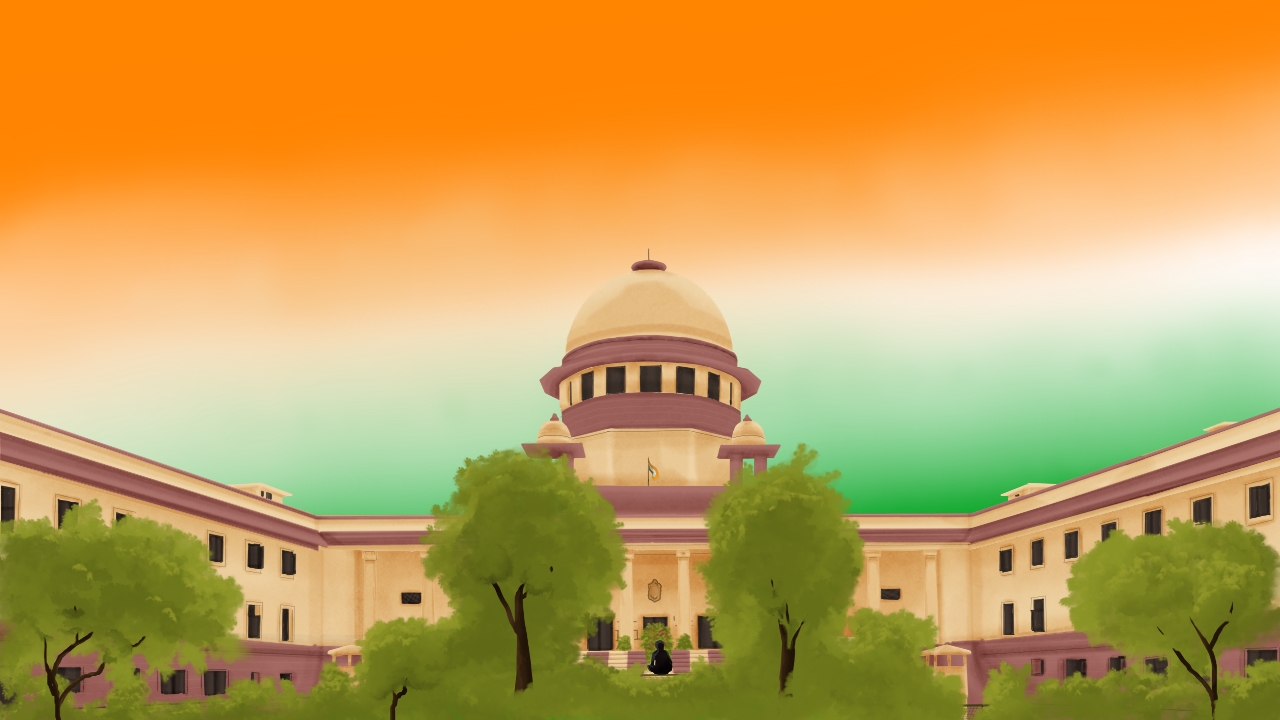Prior Permission Of RBI Mandatory For Any Transaction Under Section 31 FERA, 1973: Supreme Court

The Supreme Court in its recent decision held that the condition mentioned under Section 31 of the 1973 Act of obtaining previous general or special permission of the RBI, for transfer or disposal of the immovable property situated in India, is Mandatory. It was added that, until such permission is accorded, the transfer cannot be given effect to, and in any case of contravention, the concerned person may be visited with penalty under Section 50 and other consequences provided under the scheme of the Act.
A Full judge bench of Justice A.M. Khanwilkar, Justice Indu Malhotra and Justice Ajay Rastogi, held, “… requirement of taking previous permission of the RBI before executing the sale deed or gift deed (under S.31) is the quintessence and failure to do so must render the transfer unenforceable in law.”
With respect to the argument raised on voidability of the contract, the bench said, “until permission is accorded by the RBI, it would not be a lawful contract or agreement within the meaning of section 10 read with section 23 of the Contract Act, 1872, for it remains a forbidden transaction under the law.”
Validity of Gift Deed by one, Mrs F.L. Raitt to the first respondent, Mr. Vikram Malhotra was in dispute.
Transfer of two properties took place, one in favour of Mr. R.P. David, father of the appellant and second in favour of Mr. Vikram Malhotra. Appellant herein sought to declare the gift deeds in favour of Mr. Malhotra, as null and void, for not meeting with the prerequisites of Section 31 Foreign Exchange and Regulation Act, 1973.
According to the appellant, the dispensation specified in the said provision is mandatory and no transaction in contravention thereof would be enforceable in law. Reliance is further placed on Sections 47 and 50 of the same Act.
Respondents submit that Section 31 is a directory/regulatory provision, and not obtaining previous permission of the RBI would not invalidate the gift deeds in question. It is further averred that since no consequence is provided in Section 31 or any other provision of the Act of 1973, to treat the transaction in violation of Section 31 as void, the transfer in favour of respondent 1 cannot be regarded as ineffective. Such a transfer, would at the best be voidable, that too only at the instance of the RBI.
Section 31 Restriction on acquisition, holding, etc. of immovable property in India: No person who is not a citizen of India and no company (other than a banking company) which is not incorporated under any law in force in India shall, except with the previous general or special permission of the Reserve Bank, acquire or hold or transfer or dispose of by sale, mortgage, lease, gift, settlement or otherwise any immovable property situate in India.
The Bench categorically observed, “It is true that the consequences of failure to seek such previous permission has not been explicitly specified in the same provision or elsewhere in the Act, but then the purport of Section 31 must be understood in the context of intent with which it has been enacted, the general policy not to allow foreign investment in landed property/buildings constructed by foreigners or to allow them to enter into real estate business to eschew capital repatriation, including the purport of other provisions of the Act, such as Sections 47, 50 and 63.”
Considering the observation made in Mannalal Khetan & Ors. v. Kedar Nath Khetan & Ors, (1977) 2 SCC 424, it was noted, “A contract is void if prohibited by a statute under a penalty, even without express declaration that the contract is void, because such a penalty implies a prohibition. Further, it is settled that prohibition and negative words can rarely be directory. In the present dispensation provided under Section 31 of the 1973 Act read with Sections 47, 50 and 63 of the same Act, although may be a case of seeking previous permission, is in the nature of Prohibition.”
Court further considered Pollock and Mulla Contract Act, VII Edn. to say that the contract per se may not be illegal, but its enforcement requires compliance of statutory conditions, failure of which will amount to statutory violation.
Conclusively, the Court allowed the present appeal, setting aside the impugned judgment, holding the appellant entitled for the possession of the entire land and also for mesne profits for the relevant period for which a separate enquiry under Order 20 Rule 12 CPC was directed.
Reference was also drawn to; Life Insurance Corporation of India v. Escorts Ltd, (1986) 1 SCC 264, Renusagar Power Co. Ltd v. General Electric Co., 1994 Supp (1) SCC 644, Vijay Karia v. Prysmian Cavi, (2020) 11 SCC 1.
Case Title: Asha John Divianathan v. Vikram Malhotra | Civil Appeal No. 9546 of 2010
